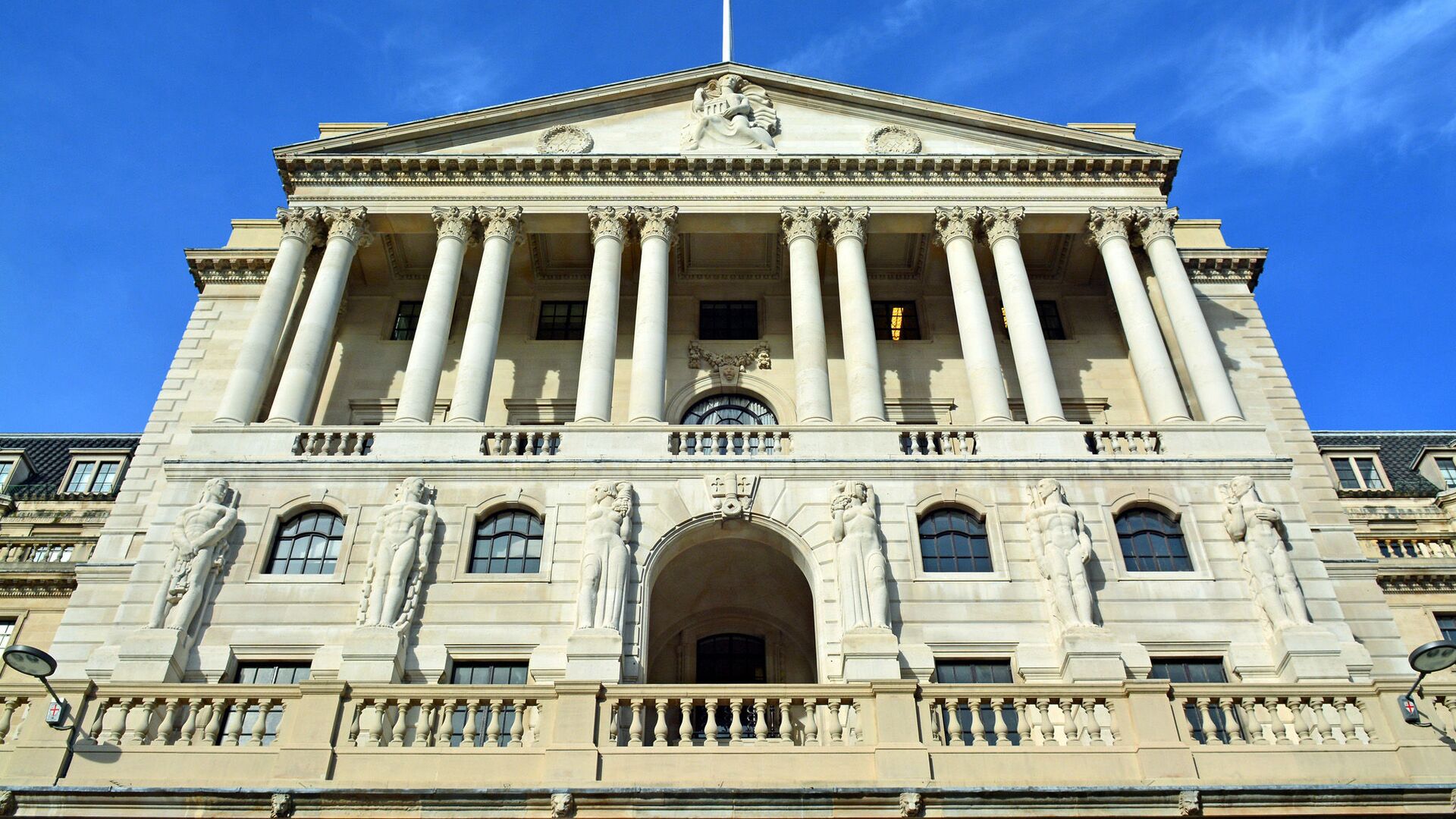Bank of England Head: UK To Face More Inflation Than Other Major Economies
10:47 GMT 30.06.2022 (Updated: 15:19 GMT 28.05.2023)
Subscribe
Year-on-year inflation in the United Kingdom has reached 9.1%, marking the highest point since 1982 - and it looks like the numbers will only go higher.
The governor of the Bank of England, Andrew Bailey, has warned that inflation will hit Brits harder than other major economies in the wake of the ongoing energy crisis.
“I think the UK economy is probably weakening rather earlier and somewhat more than others,” he said. “There will be circumstances in which we will have to do more."
With energy prices soaring amid the West’s collective push to sanction Russia over its military operation in Ukraine, the UK is among those most affected, with its annual inflation eclipsing 9%.
According to Bailey's estimates, things are unlikely to get better any time soon. His gloomy forecast was accompanied by a pledge to aggressively increase interest rates in response.
Bailey said it was possible that rates would be raised by 50 points at the BoE’s next meeting in August, noting that the bank had many options of forceful action.
However, such action might backfire, according to estimations by British academic and author Rodney Atkinson.
"The government is spending very large sums trying to compensate everyone for energy price rises and helping the poor directly with direct payments but the sudden rise to over 9% in inflation is a big shock to the consumer," he says. "And the government cannot afford to help more as state spending has already caused high taxes and borrowing is getting more expensive as interest rates rise."
Atkinson went on to note that that the most recent rise in oil prices triggered by the Western sanctions against Russia "hits everyone, consumers and producers".
"This is a political and economic crisis for [Boris] Johnson," the academic says. "While energy and food costs rise for everyone in the UK and he raises taxes on businesses large and small, his so far £2.3bn donation to Ukraine is not well received."
Kevin Dowd, professor of finance and economics at Durham University, echoes the sentiment, saying that inflation is "causing a lot of economic pain, and most especially to poorer households" that are "the most vulnerable".
"Inflation is almost entirely the fault of the Bank of England, which had forgotten the importance of the expanding money supply as the primary cause of inflation, and then got completely blindsided when inflation surged, as monetarist economists said it would," Dowd says, adding that Bank of England executives should resign.
The Bank's measures to support the British economy, according to Dowd, are "mostly counterproductive" and "do little" to ensure the economy's long-term health and growth.
The UK is not the only nation to struggle with economic hardship following the West's decision to impose sanctions on Russia over the military operation in Ukraine. Heads of the US Federal Reserve and European Central Bank also offered pessimistic views on the period to come, indicating that it is likely to be marked by high inflation.
The Eurozone has reported year-on-year inflation of 8.1%, with the US reaching 8.6% and Canada crossing 7.7%.

